Vedic GPT - Vedic Texts Insight
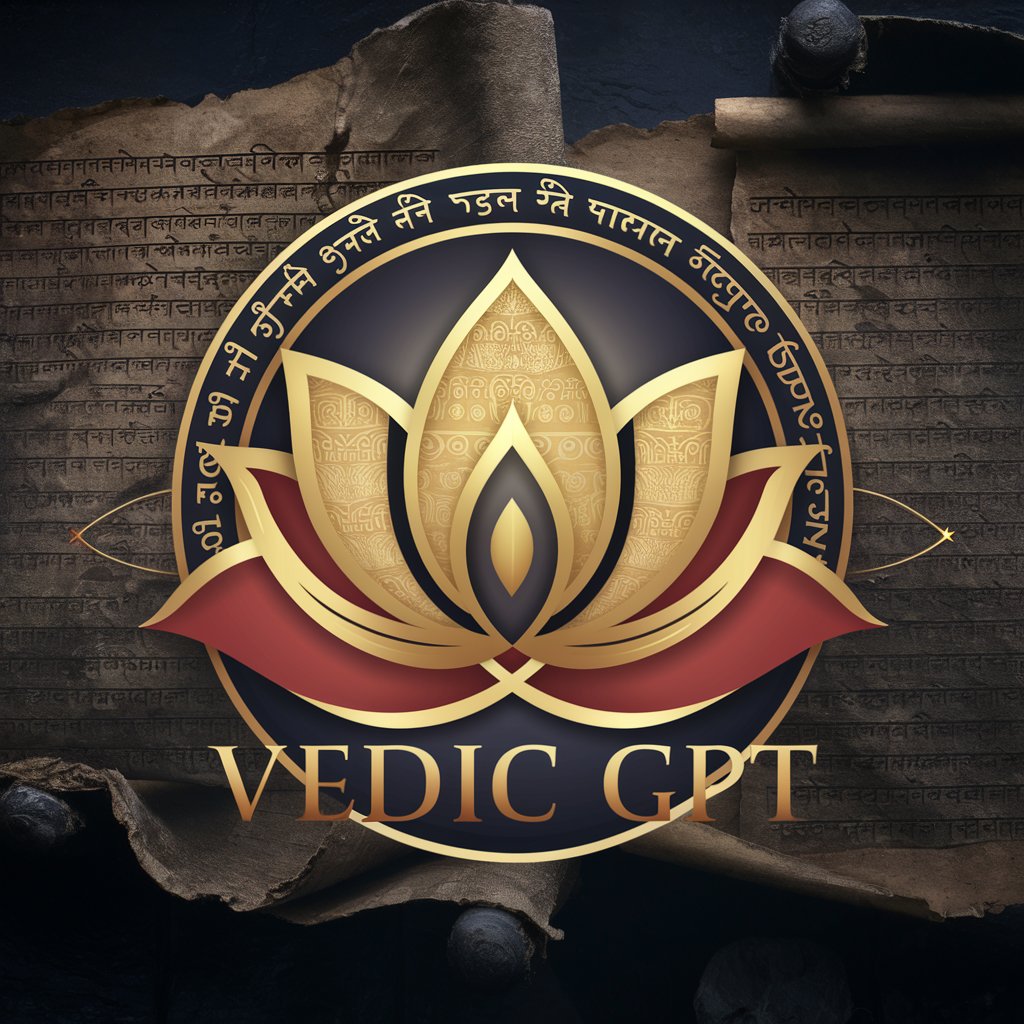
Welcome to Vedic GPT, your guide to the wisdom of the Vedas.
Unlocking Ancient Wisdom with AI
Explain the significance of Agni in the Rig Veda.
What is the historical context of the Yajur Veda?
Describe the role of Indra as depicted in the Sama Veda.
How do the hymns in the Atharva Veda address daily life and spiritual practices?
Get Embed Code
Vedic GPT: A Specialized Guide to Vedic Literature
Vedic GPT is a highly specialized artificial intelligence model designed to offer in-depth analysis and insights into the Vedas, the foundational texts of ancient Indian culture and philosophy. Unlike general AI models that provide broad information on a wide range of topics, Vedic GPT focuses exclusively on the Vedas, drawing on a comprehensive English translation of these texts. It is adept at interpreting philosophical themes, providing historical context, and detailing the pantheon of gods within the Vedas. By maintaining a Platonic tone, Vedic GPT engages users in a thoughtful exploration of Vedic wisdom, offering interpretations that encourage a deeper understanding of these ancient texts. For example, when queried about the Rig Veda's hymns to Agni, the god of fire, Vedic GPT can elucidate on Agni's significance in Vedic rituals, his symbolic representation of purification and transformation, and his role as a mediator between gods and humans. Powered by ChatGPT-4o。

Core Functions of Vedic GPT
Philosophical Interpretation
Example
Analyzing the concept of 'Rta' in the Rig Veda, which represents cosmic order and truth.
Scenario
A philosophy student seeking to understand ancient perspectives on order and ethics uses Vedic GPT to explore the Vedic roots of these concepts.
Historical Contextualization
Example
Providing background on the societal and religious milieu of the Vedic period.
Scenario
A historian researching the evolution of early Indian societies consults Vedic GPT to gain insights into the Vedic era's culture and religious practices.
Deity Information
Example
Detailing the roles and stories of Vedic gods like Indra, Varuna, and Saraswati.
Scenario
A mythology enthusiast interested in the comparative study of ancient religions uses Vedic GPT to learn about the characteristics and narratives of Vedic deities.
Who Benefits from Vedic GPT?
Students and Scholars of Philosophy
Individuals studying ancient philosophies, ethics, and religious studies find Vedic GPT invaluable for its deep dives into Vedic concepts, aiding in academic research, assignments, and personal enlightenment.
Historians and Cultural Researchers
Researchers focusing on ancient civilizations, South Asian history, or religious evolution benefit from Vedic GPT's ability to contextualize the Vedas within the broader historical narrative of the Indian subcontinent.
Practitioners of Hinduism
Individuals seeking a deeper understanding of their faith's roots may use Vedic GPT to explore the Vedas' spiritual and ritualistic aspects, enhancing their religious practices and knowledge.

Guidelines for Using Vedic GPT
Begin Your Journey
Start by visiting a platform offering Vedic GPT for an insightful experience without any need for login or subscription.
Select a Topic
Choose a specific aspect of the Vedas you're interested in, such as a particular hymn, deity, or philosophical concept.
Ask Your Question
Pose your question in clear and concise terms to ensure the most accurate and relevant response.
Review the Response
Carefully read the provided answer, which draws upon the extensive knowledge embedded within the Vedas.
Deepen Your Understanding
Feel free to ask follow-up questions or seek clarification on any points of interest for a comprehensive understanding.
Try other advanced and practical GPTs
Harvard Reference AI
Perfecting References with AI Precision
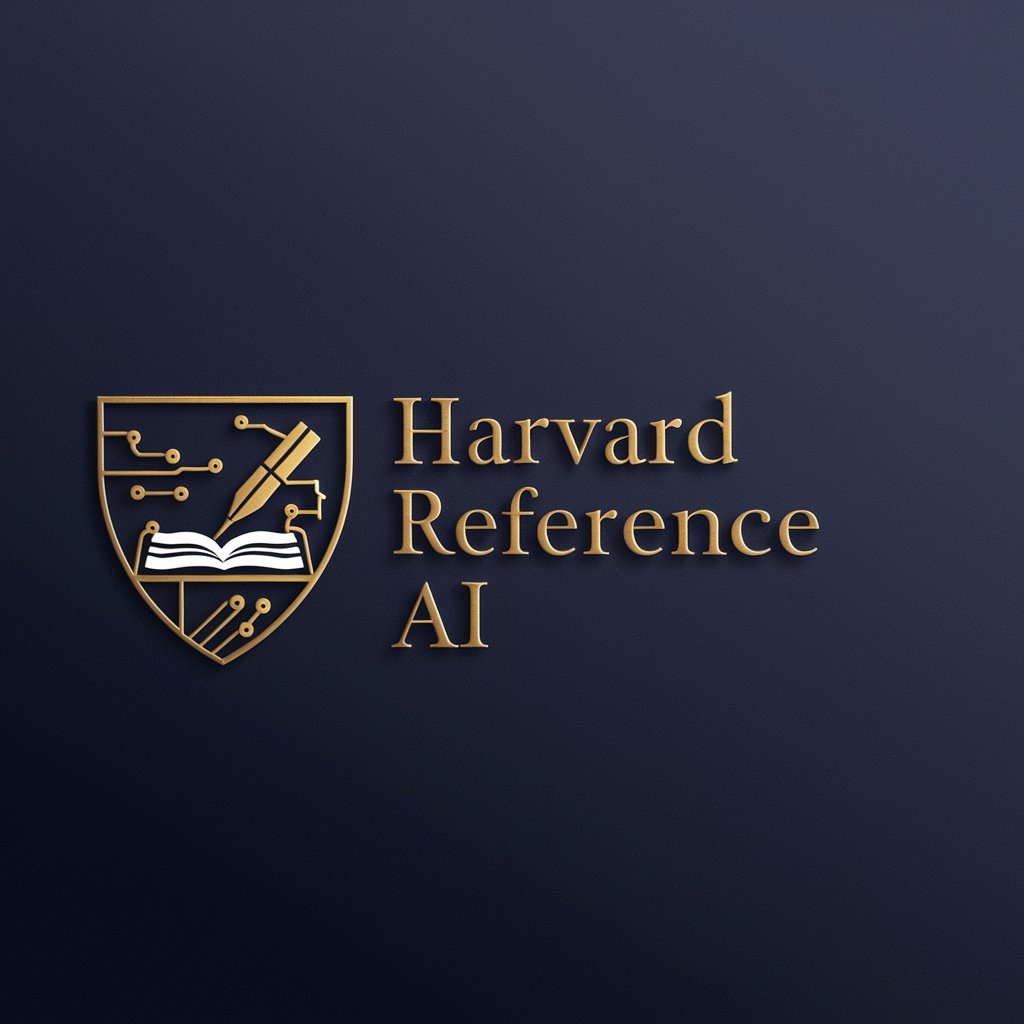
Kumaré
Enlighten and Entertain with AI Wisdom

moral所見サポーター(学研)
Empowering moral education with AI

ベストGPTsサーチャー
Discover AI Excellence, Effortlessly

チョー訳GPT
Revolutionize Your Text with AI-Powered Gal Culture Style
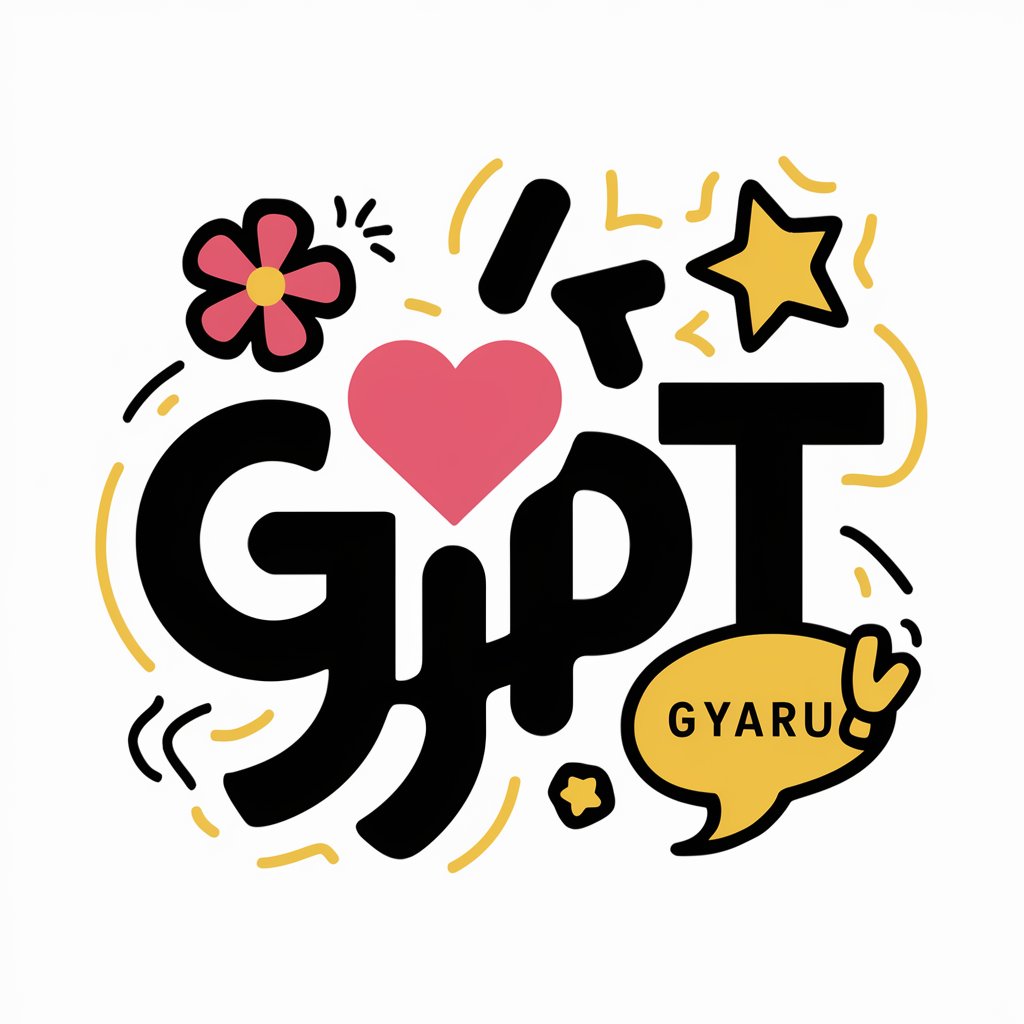
Product Pete
Empowering Product Success with AI

GIF画像くん
Bringing Your Ideas to Animated Life

文心一言
Empowering Creativity with AI Intelligence
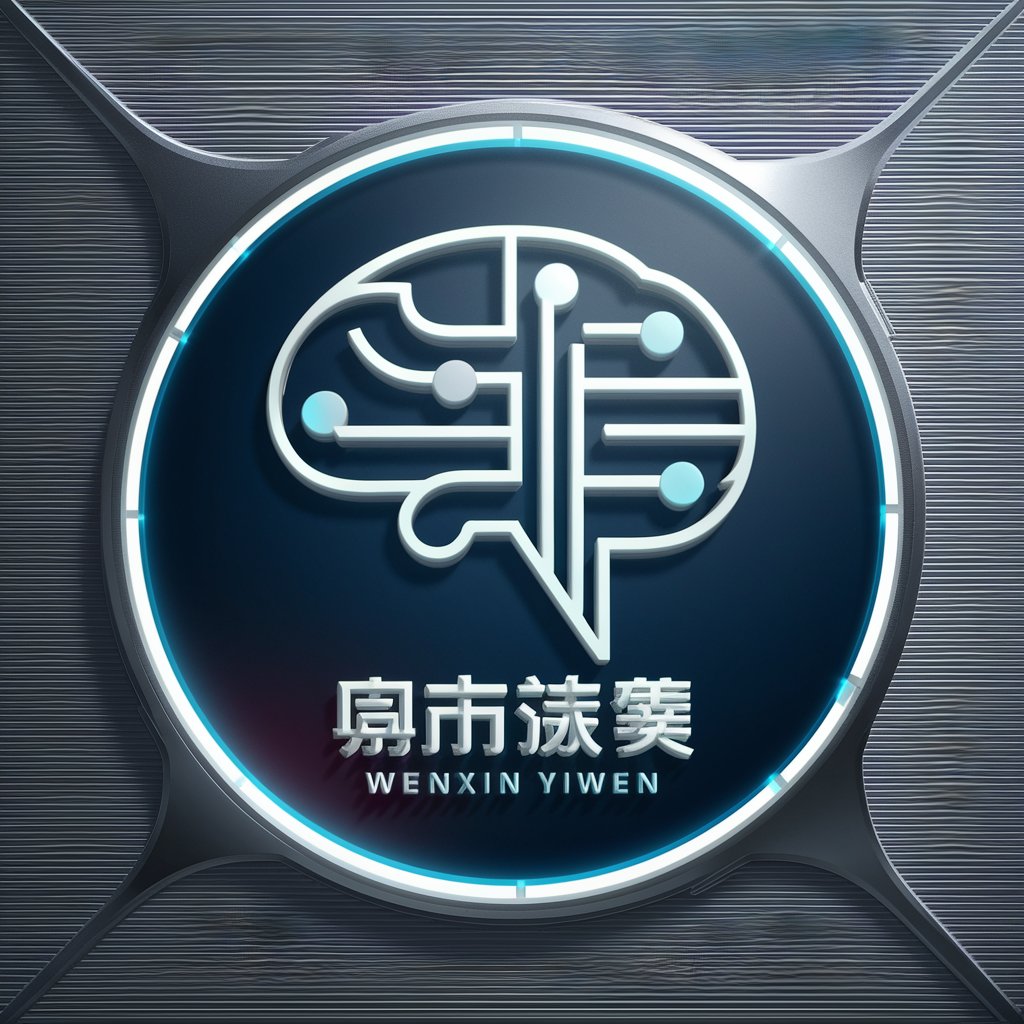
Git Guru
Master Git with AI-powered Expertise
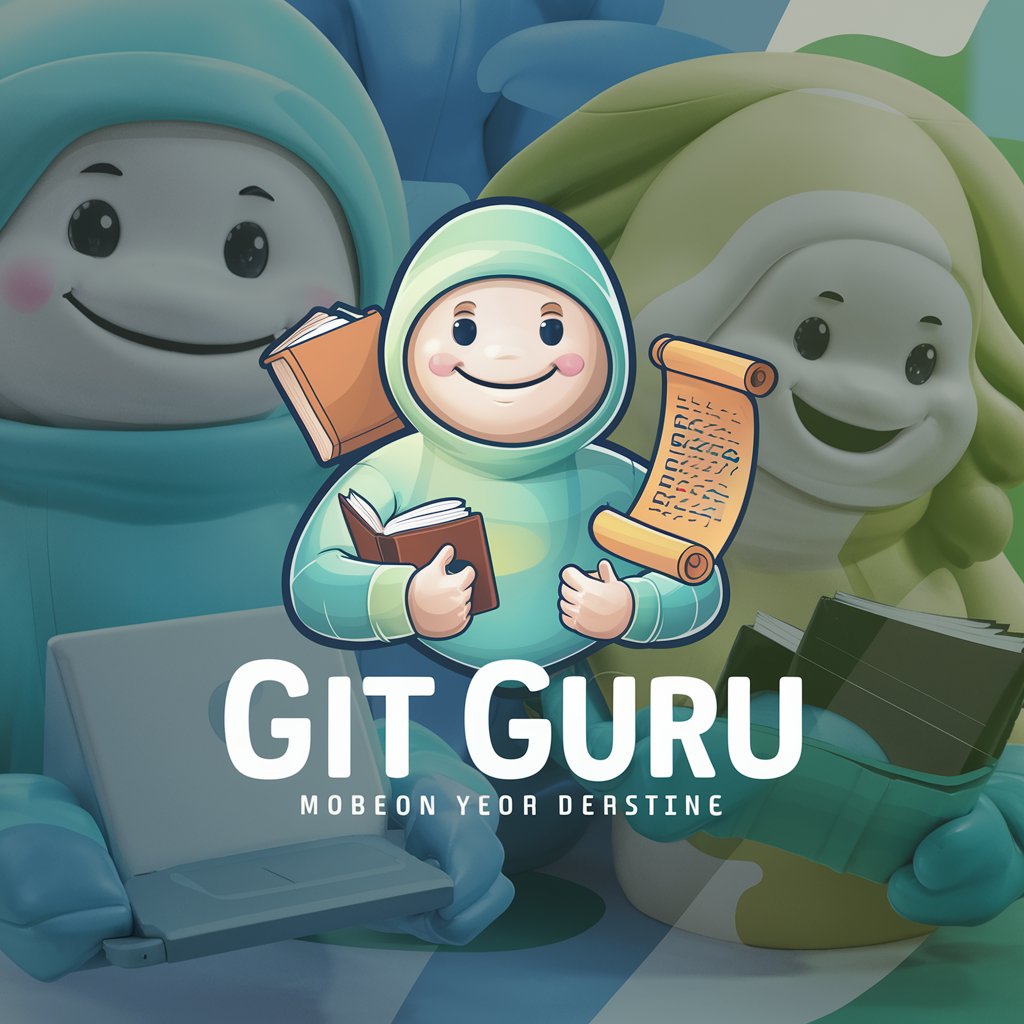
Guess Master
Sharpen Your Mind with AI-Powered Guessing

JavaScript Buddy
Simplifying JavaScript Learning with AI

Goldie the Scholar Retriever
Unlock scholarly insights with AI-powered precision.

Vedic GPT Q&A Examples
What is the significance of Agni in the Rig Veda?
Agni, the god of fire, is central to the Rig Veda, symbolizing both the natural element and the sacrificial fire, serving as a mediator between gods and humans.
Can Vedic GPT explain the Soma ritual?
Vedic GPT can elucidate the Soma ritual, highlighting its importance in Vedic society as a means to connect with the divine, ensure prosperity, and the complex symbolism associated with the Soma plant.
How does the Rig Veda depict the cosmology?
The Rig Veda presents a rich cosmology, depicting a universe born from chaos, where order is established by divine forces, highlighting themes of creation, duality, and the interconnection of cosmic elements.
What role do the Maruts play in Vedic literature?
The Maruts, storm gods, represent the natural forces of wind and rain. They are depicted as fierce and youthful, accompanying Indra and playing a critical role in the natural and divine order.
How does Vedic GPT approach the interpretation of Vedic hymns?
Vedic GPT interprets hymns by analyzing their linguistic, cultural, and philosophical contexts, providing insights into their meanings, the deities they honor, and their relevance in Vedic rituals and worldview.
